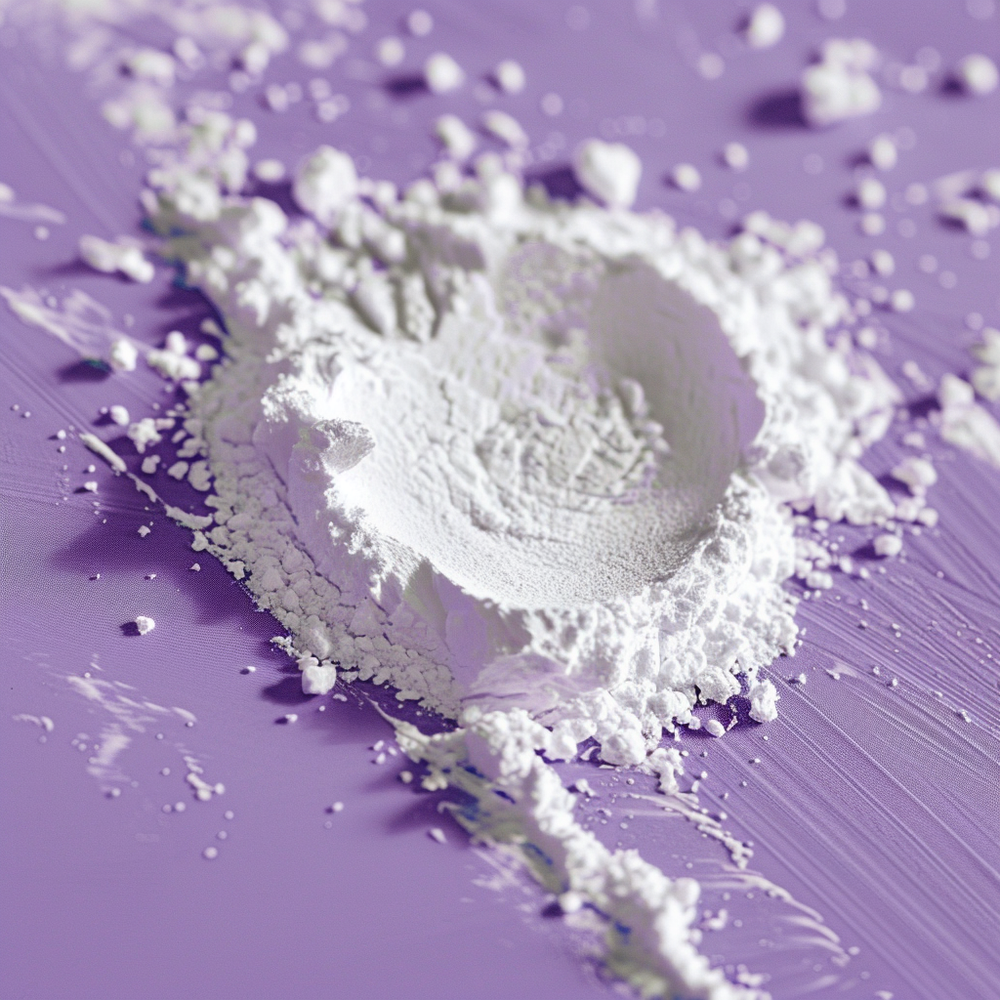
Stress. Anxiety. Burnout. Insomnia. Reversing these issues may seem challenging, but what if something as simple as drinking tea could help?
L-theanine—a natural component in tea leaves and some types of mushrooms—could be a beneficial addition to your wellness toolkit. It's a nootropic, meaning it's known to have brain benefits. And, if you're not a fan of tea or prefer to get it another way, it's also available in supplement form.
So, what is L-theanine?
L-theanine is the compound credited with giving tea (Camellia sinensis) its flavor and smell. It’s found in both green and black tea but is highest in shade-grown matcha green tea. L-theanine has been widely studied because of its ability to enhance human health.
Similar in structure to neurotransmitters, L-theanine can sneak into our brains (not many compounds can!), and contribute to several chemical changes in the brain:
-
Increase levels of GABA, serotonin, and dopamine, promoting relaxation and positive mood
-
Decrease the stress hormone corticosterone, lowering anxiety
-
Trigger the release of alpha waves, enhancing focus and creativity
These changes subsequently assist with deeper sleep, the ability to relax, and better cognition. They also stem appetite. Let's take a closer look.
R&R, please
L-theanine has been shown to foster relaxation, but not the sleepy kind. Instead, it promotes a calm but attentive wakefulness. The effect comes from the production of alpha brain waves and calming neurotransmitters, as well as reduced blood pressure during stress.
Alpha brain waves create the state of mind you experience during meditation and day dreaming. They're associated with "flow state" and evoke a feeling of presentness (read: no distractions). Alpha waves are also released during REM sleep, which plays an important role in memory and learning.
Tea leaves contain both L-theanine and caffeine, two seemingly opposite chemical compounds. Interestingly, when combined, they produce a synergistic effect. A review of forty-nine studies concluded that L-theanine lessens the arousal that caffeine induces, counteracting negative side effects.
Those precious ZZZs
Hormones, age, diet, medications, and everything going on in the world at large—or in your corner of it—can adversely affect your sleep. Not only a nuisance, sleep deprivation is also associated with a lower quality of life and higher risk for diseases like diabetes, depression, and obesity.
Researchers have discovered that people searching for a safe, nonaddictive, nonsedating sleep aid can take L-theanine before bedtime to promote quality sleep. And because it does not cause drowsiness, it can be taken at any time of the day. The compound works through anxiolysis (reduction of anxiety), not by sedating. You sleep better because you're more relaxed and you won't struggle with the groggy feeling that other sleep aids leave you with.
Cognition power
Many things vie for our attention, so the news that L-theanine can help with focus is more than welcome.
When our body is under stress, it releases hormones to help us cope with the perceived threat. However, these hormones interfere with memory formation and spacial learning. L-theanine helps to lower levels of the stress hormone corticosterone, avoiding this interference.
Specifically, for people who may be anxiety-prone, L-theanine alone has shown to enhance attentional performance and improve reaction time. When combined with caffeine, healthy individuals made fewer errors during a sustained cognitive task, suggesting L-theanine generally helps with the ability to maintain focus over prolonged periods.
Umami for the weight win
Our taste receptors can detect sweet, salty, sour, bitter, and savory, also known as umami. In tea leaves, L-theanine is the component that provides this savory taste, which is sometimes described as “meaty” or “earthy.”
Researchers have found that umami decreased hunger and increased satiety (the sense of feeling full). Beyond flavor, L-theanine works indirectly to help with weight loss: quality sleep and low levels of anxiety helps to decrease stress eating and may decrease cravings for refined carbs and sugar.
Ready to try?
A good starting dose of L-theanine for sleep and stress support is 100–400 mg. If combining with caffeine, the range is 12–100 mg L-theanine and 30–100 mg caffeine. You’d have to drink a lot of tea to reach these L-theanine levels (each gram of dried tea contains about 5 or 6 mg), but supplements are available. As always, consult with your healthcare provider before introducing something new.
Nutritional products have so much power to enhance health and L-theanine could be a natural way to help you navigate a stressful season of life, or simply induce a state of calm focus whenever you need it.
References
Breus, M. J. (2017). What You Need to Know About L-theanine. Psychology Today. Retrieved from https://www.psychologytoday.com/us/blog/sleep-newzzz/201708/what-you-need-know-about-l-theanine
Cummings, D. E. (2015). Taste and the regulation of food intake: it’s not just about flavor. The American Journal of Clinical Nutrition, 102 (4), 717–718. Retrieved from https://academic.oup.com/ajcn/article/102/4/717/4564701
Dietz, C., Dekker, M. (2017). Effect of Green Tea Phytochemicals on Mood and Cognition. Current Pharmaceutical Design, 23(19), 2876–2905. Retrieved from https://pubmed.ncbi.nlm.nih.gov/28056735/
Foxe, J. J., Morie, K. P., Laud, P. J., et al. (2012). Assessing the effects of caffeine and theanine on the maintenance of vigilance during a sustained attention task. Neuropharmacology, 62(7), 2320–2327. Retrieved from https://pubmed.ncbi.nlm.nih.gov/22326943/
Higashiyama, A., Htay, H. H, Ozeki, M., et al. (2011). Effects of L-theanine on attention and reaction time response. Journal of Functional Foods, 3(3), 171–178. Retrieved from https://www.sciencedirect.com/science/article/pii/S1756464611000351
Mason, R. (2004). 200 mg of Zen: L-theanine Boosts Alpha Waves, Promotes Alert Relaxation. Alternative and Complementary Therapies, 7(2), 91-5. Retrieved from http://online.liebertpub.com/doi/abs/10.1089/10762800151125092
Rao, T. P., Ozeki, M., Juneja, L. R. (2015). In Search of a Safe Natural Sleep Aid. Journal of the American College of Nutrition, 34(5), 436-47. Retrieved from https://pubmed.ncbi.nlm.nih.gov/25759004/
Yoto, A., Motoki, M., Murao, S, et al. (2012). Effects of L-theanine or caffeine intake on changes in blood pressure under physical and psychological stresses. Journal of Physiological Anthropology, 31(1), 28. Retrieved from https://pubmed.ncbi.nlm.nih.gov/23107346/








